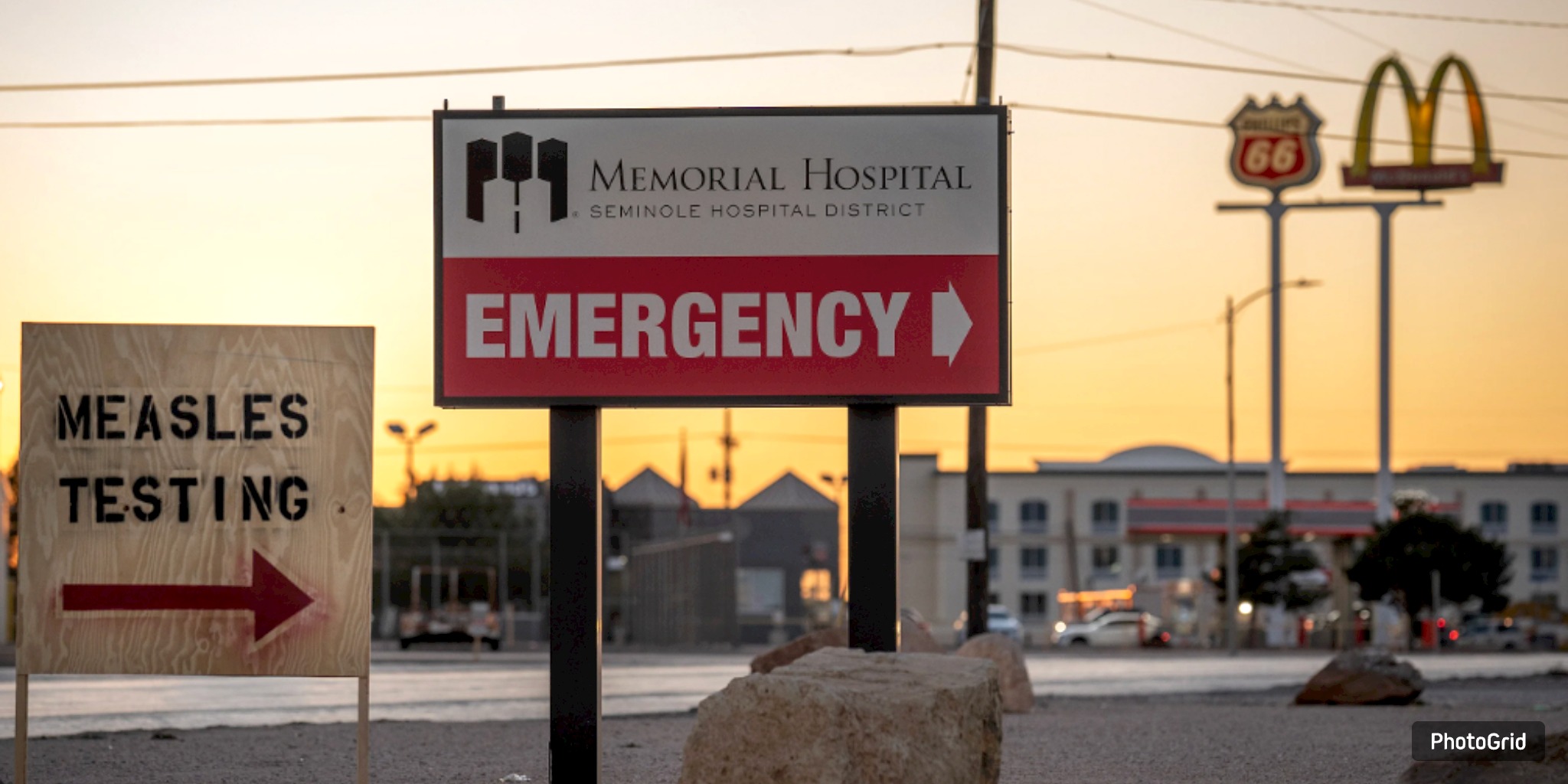
With the decline of measles cases linked to a West Texas outbreak, public health officials throughout Texas are reevaluating the state's response to the most significant measles crisis the nation has faced in almost three decades.
The story started six months ago with a phone call. Zach Holbrooks, the public health director for South Plains, received information from Katherine Wells, the public health director of Lubbock, regarding a hospitalized Mennonite child in Seminole, Gaines County, who has been diagnosed with measles. The initial alert set off a flurry of exchanges across both county and state boundaries.
A significant outbreak ensued, with 762 individuals infected, two fatalities, and the spread extending across several states. The outbreak, which began in West Texas, has now exceeded the 2019 record. This incident in New York is marked as the most significant since the U.S. officially declared measles eliminated in 2000. The outbreak accounted for over 50% of the 1,309 cases documented nationwide in 2025.
Although case reports in Gaines and Lubbock counties have ceased, prompting officials to announce that these regions are no longer considered active outbreak zones, the virus remains present. As of July 15, nine additional cases have been reported in Lamar and Fannin counties in East Texas, all linked to the initial cluster in West Texas.
Dr. Wendell Parkey, chief of staff at Seminole Memorial Hospital, stated clearly, “They either received the vaccine, the booster, or contracted the virus.”
As the situation stabilizes, health officials are assessing the state's response. Key takeaways include the necessity for expedited, tailored case reporting; enhanced coordination for testing in the initial stages of an outbreak; and, significantly, the critical need to diversify messaging beyond just pro-vaccine narratives.
“We had to re-learn that trust and local context are essential,” stated Holbrooks. “Individuals seek clarity—not merely urgency.”
The Texas Department of State Health Services (DSHS) has allocated over $10.6 million for testing, outreach, and response initiatives across the region. Experts emphasize that although vaccines are vital, a practical approach to public health must also incorporate education, community involvement, and efficient diagnostic processes to manage future outbreaks effectively.
For officials such as Holbrooks and Wells, this outbreak represented the initial significant infectious disease challenge following COVID—and a trial of preparedness they aspire to avoid experiencing at this magnitude again.
















From breaking news to thought-provoking opinion pieces, our newsletter keeps you informed and engaged with what matters most. Subscribe today and join our community of readers staying ahead of the curve.